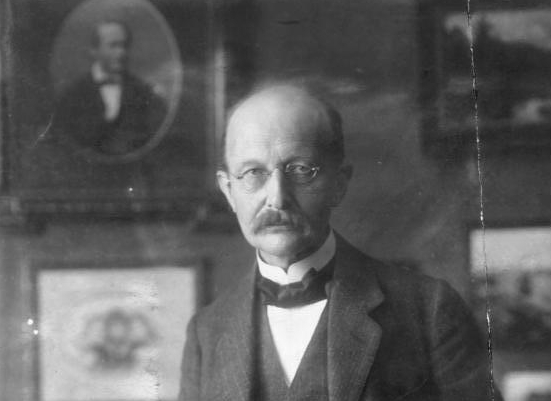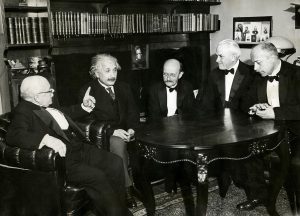
The scientific work is about the exploration of turbulence of orbiting disks.Continue reading

An auction record was almost broken in Hungary after someone paid HUF 34 million (EUR 88,000) for just a few lines of a manuscript by German physicist Max Planck, reports Mandiner.
Even many of the collectors were surprised following the presentation of lot 83 at the recent auction of the Central Antique Store (Központi Antikvárium). German physicist Max Planck’s one-page, few-line manuscript fetched a starting bid of HUF 1.6 million (EUR 4,140), but ended up selling for no less than HUF 34 million. Four years ago, an exceptionally rare, signed volume by Hungarian poet Sándor Petőfi (1823-1849) fetched HUF 36 million at an auction, also at the Central Antique Store, a sum almost exceeded by Planck’s writing.
Max Planck, alongside Albert Einstein, laid the foundations of modern physics. In his signed German-language manuscript, he summarized the law of radiation that bears his name (Planck’s law). The main point of the law is that energy is not continuous, but can only be transferred in certain amounts (quanta), and in the manuscript he quantifies the expected value of this energy. Later, Einstein himself based his findings on Planck’s paper, thus Planck played a fundamental role in the birth of quantum theory.

Walther Nernst, Albert Einstein, Max Planck, Robert Andrews Millikan, and Max von Laue at a dinner given by von Laue in Berlin in 1931 (L-R). Photo: Wikipedia
The German physicist, who later won the Nobel Prize for Physics, announced his world-changing discovery in Berlin in December 1900, and the scientific world has since celebrated this day as the birthday of quantum technology.
There is no information on how the special manuscript got from Berlin to Budapest and where it has been for more than a hundred years.
Besides paying the HUF 34 million, the new owner of the manuscript will also have to pay the auction house’s 18.5 percent commission. However, it seems to have been worth it for him, as he has acquired one of the most unique relics in the history of modern physics, ‘only’ for the price of a panel apartment.
Planck died in 1947, aged 89. His grave can be found in Göttingen’s city cemetery, where a number of other Nobel Prize winners are buried alongside him.
Via Mandiner, Featured image: Wikipedia